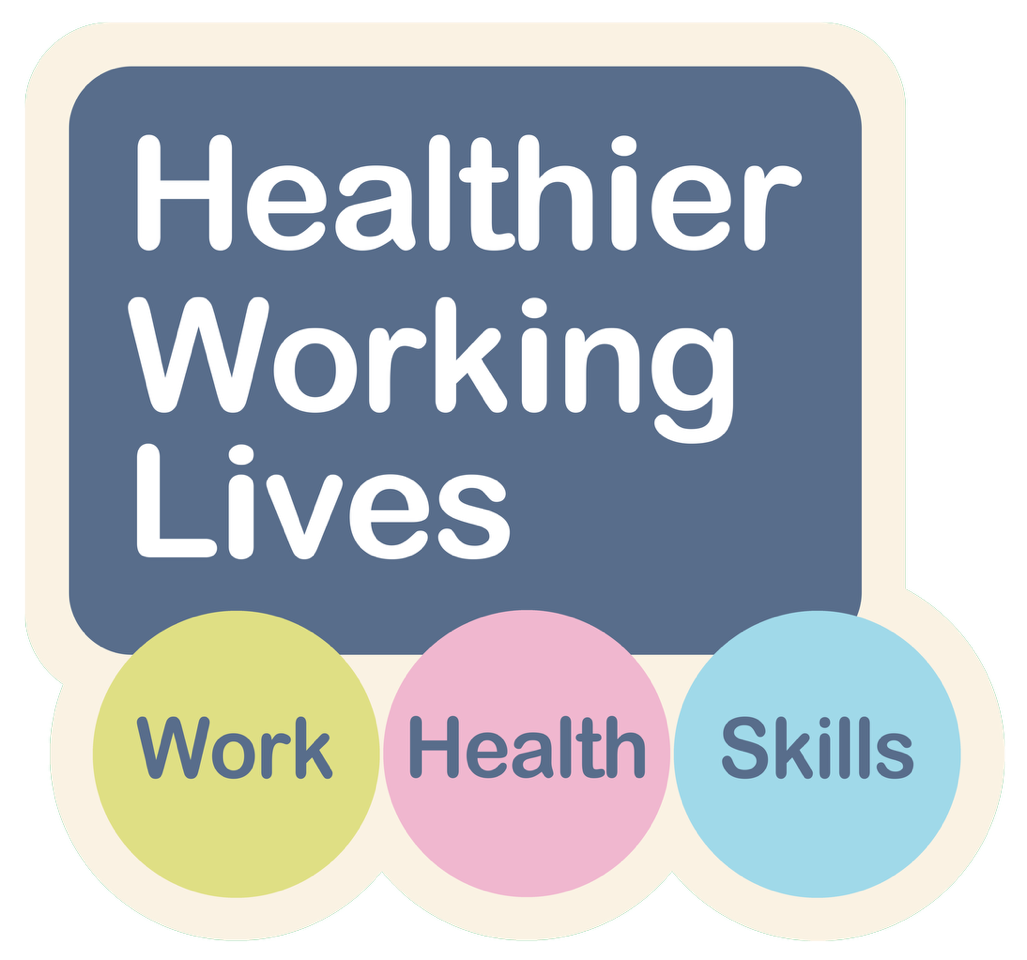 Healthier working lives
Healthier working lives
The Government White Paper (November 2024 – Getting Britain Working) - announced eight trailblazer locations in England and Wales which have been selected as part of a national drive to help improve the health of the population and accelerate programmes dedicated to reducing the predicted rise of people who may not be able to work due to ill health. Three of these eight have also received funding for Integrated Care Systems to address the health drivers of economic inactivity. The programme started on 1 April 2025 and runs until April 2026.
West Yorkshire is a trailblazer location and will receive £37m in total, split across the Combined Authority (£10m), Local Authorities delivering the Connect to Work programme (£16m) and NHS West Yorkshire Integrated Care Board (ICB - £11m).
Currently in West Yorkshire, it is estimated that there are 101,000 people who are unable to work because of one or more health conditions. The £11m for the ICB is to support 1,300 people who are (or who are at risk of becoming) economically inactive due to ill health to return (or stay) economically active.
This investment will enable us to work together to help reduce the number of people who are economically inactive, help us to reduce health inequalities and improve health outcomes in some of our most deprived communities. (Economically inactive means ‘People not in employment who have not been seeking work within the last four weeks and/or are unable to start work within the next two weeks’.)
The funding will be used to:
- Help more people say and feel that a good job leads to good health.
- Ensure we can do even more work linked to prevention and early intervention activity.
- Expand and diversify employment support and employer liaison.
What is the difference between the Accelerator, the Trailblazer and Connect to Work?
- The Accelerator is about health and is being led by the ICB.
- The Trailblazer is about work and skills and is being led by WYCA.
- Connect to Work is part of the Trailblazer – it is about employers and skills.
The £37m investment breaks down in this way:
- Connect to Work (£16m) – formerly Universal Support. This is a programme led by the Department of Work and Pensions, looking at how we can support people with a long-term disability back into work. This will be a mix of Local Authorities working direct and the West Yorkshire Combined Authority (WYCA) commissioning providers.
- NHS England Health and Growth Accelerator (£11m) – to address economic inactivity, prevent it from getting worse, retain jobs and help people return to work. This element will be coordinated by NHS West Yorkshire ICB to support employers to support employees stay in work.
- Trailblazer (£10m) – a pilot to look at innovative ways to move economically inactive people (who are currently on benefits and don’t therefore have to look for work) back towards or into the workforce.
 Announcing the scheme, Mayor of West Yorkshire, Tracy Brabin said:
Announcing the scheme, Mayor of West Yorkshire, Tracy Brabin said:
“We’re building a region of learning where everyone has the skills they need to succeed.
“But to grow our economy we must unleash the potential of everyone in it, and that includes giving those being held back by health conditions a fair chance to flourish.
"Bringing together health, skills, and employment support services will enable us to improve the health and wealth of those living in our region, as we build a stronger, brighter West Yorkshire.”
Chief Executive of NHS West Yorkshire Integrated Care Board (ICB) and Lead Chief Executive for the West Yorkshire Health and Care Partnership, Rob Webster CBE, said:
“This is good news for people in West Yorkshire and the wider region.
“We have a history of collaboration and will use this resource to show how better, joined up support for people can change lives. We know that there are economically inactive people in West Yorkshire due to their health conditions who want to be supported in different ways to get back into work. Good work is one of the main drivers of tackling inequality.
Our places
Across West Yorkshire, we have five places; Bradford District and Craven, Calderdale, Kirklees, Leeds and Wakefield. Each place will make sure the needs of our local communities are considered and will:
- Develop joint health and work coaching through cross-skilling professionals, expanding current services, improving resources and toolkits, and targeting access for identified cohorts.
- Expand fast-track services for health conditions which are particularly prevalent across the health and social care sector. This will include Mental Health (specifically trauma and burn-out), MSK (specifically injury and pain management) and support to agree Reasonable Adjustments (extended to health not just disability). Fast track services predominantly relate to guided self-management, professional assessments and first stage therapies.
- Develop a Workplace Promise which changes employer policy, culture and practice relating to ill-health, including a commitment to ‘staying in work’ initiatives, enhanced manager and HR training, improved access to health and work support services, and supporting people who are leaving employment due to ill-health to secure positive next steps.

